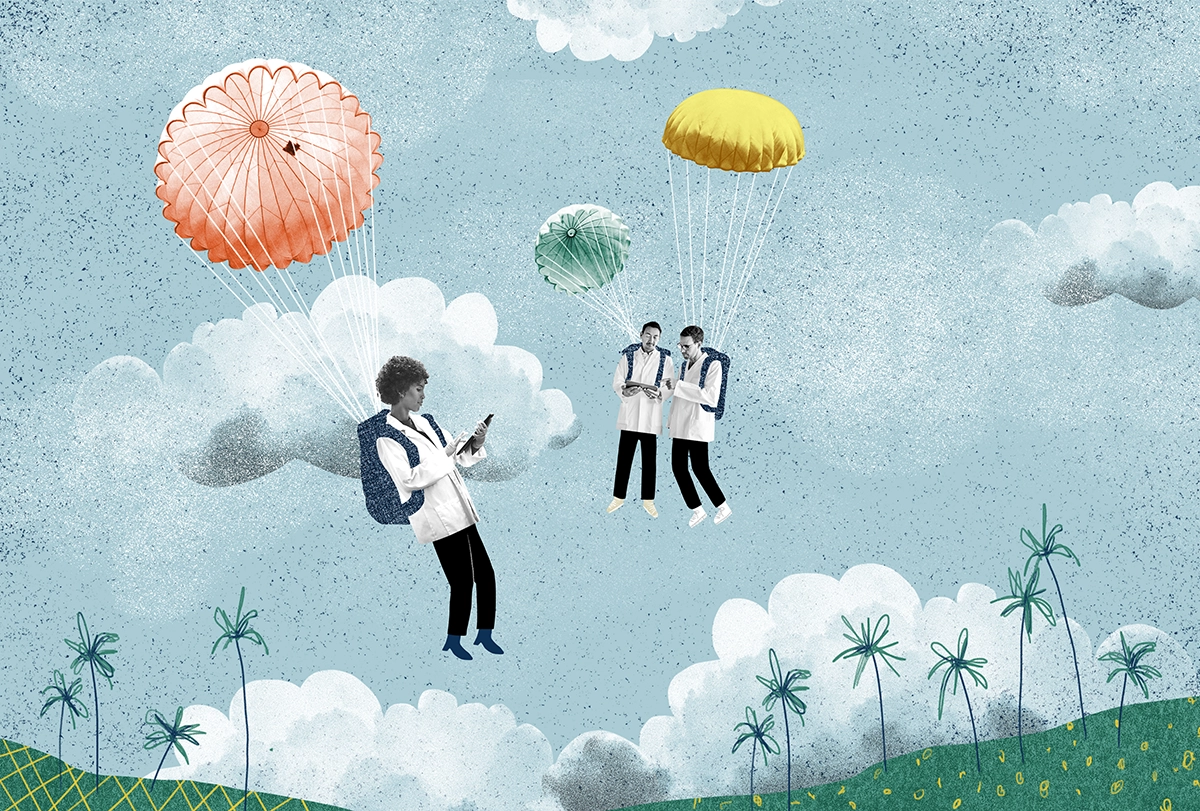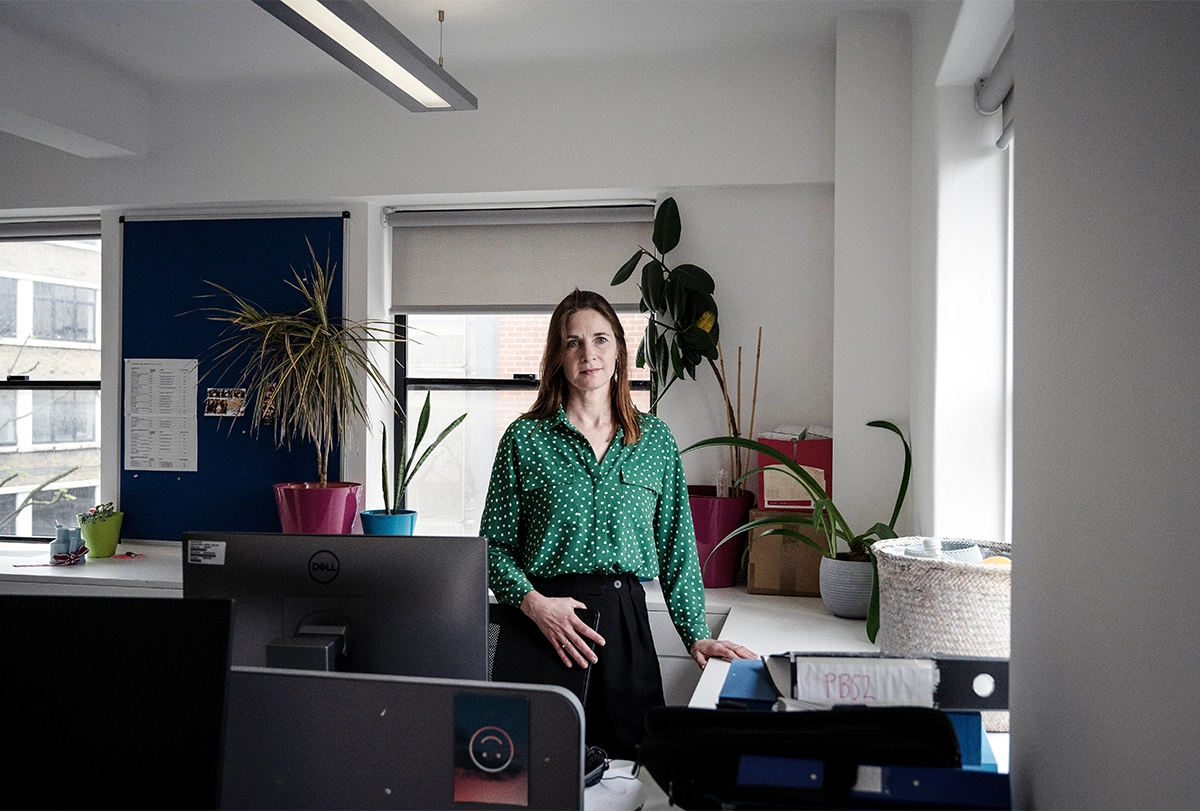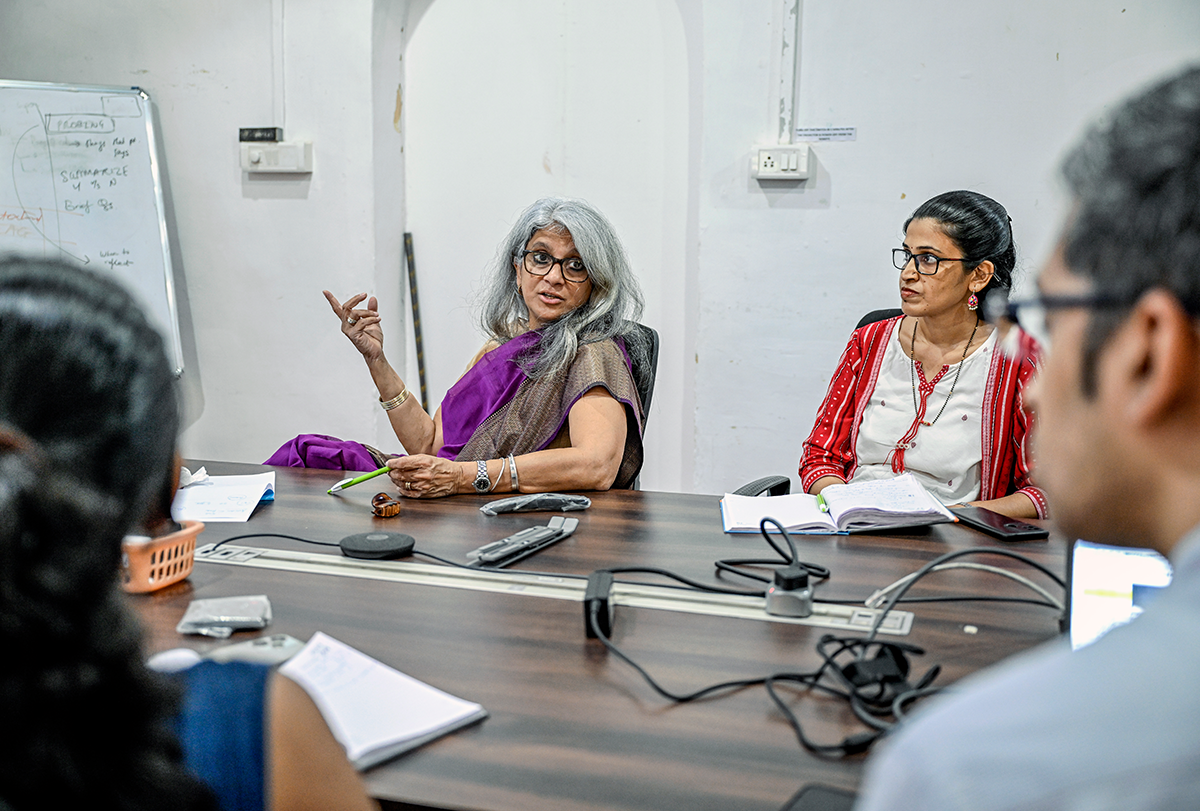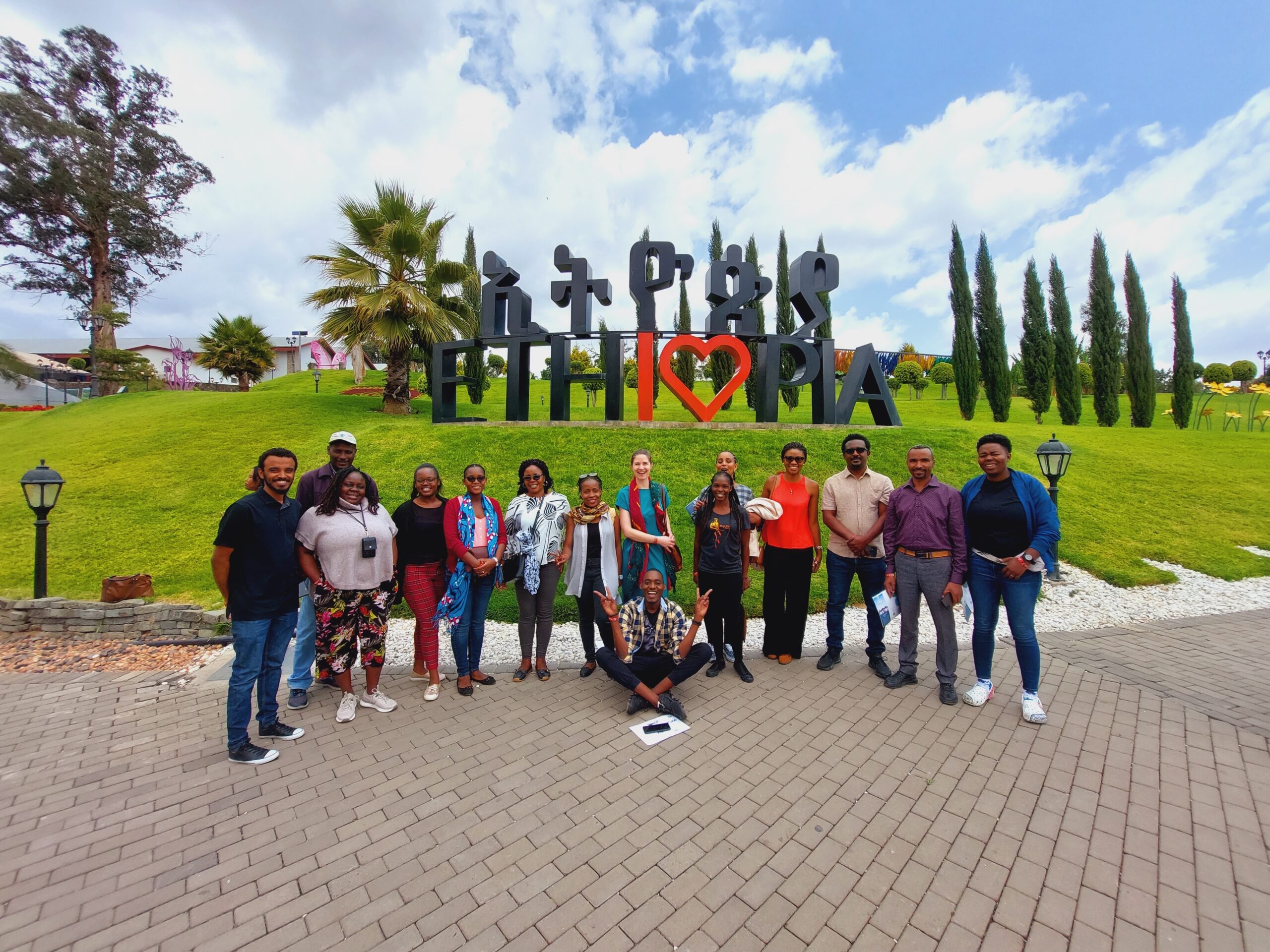In 2010, Rosa Hoekstra was feeling adrift in her career studying how genetics and biological processes affect psychiatric and neurodevelopmental conditions. Her research at the University of Cambridge was predominantly lab based, and Hoekstra says she felt unsure about its impact, wondering whom it would benefit and how.
She therefore leapt at an opportunity to tackle a short-term project helping psychiatrists and mental health experts in Ethiopia write training materials for local community health workers. The visit opened her eyes to the need for more studies of developmental conditions in low-income settings, where most of the world’s children live. In Ethiopia, for example, children constitute close to half the population, yet autism is both understudied and undertreated there.
In the years since that project, Hoekstra and other autism researchers have focused increased attention on developmental conditions in the less wealthy nations of the “global south.” There was no doubt about the need: A 2017 analysis found that more than 90 percent of papers published between 2006 and 2010 in three influential journals—Child Development, Developmental Psychology and Developmental Science—focused entirely on Western patient populations.
But as interest in studying autism in low- and middle-income countries has grown, so have moral and practical worries about “helicopter” or “parachute” research. The terms refer to work led by investigators from affluent countries who visit poorer countries on the fly, collect data from vulnerable populations and leave without involving local researchers or feeding their insights back to local communities. Recently, some scholars have also raised concerns about “domestic helicopter research,” in which researchers “drop into” disadvantaged communities within wealthy nations, extract information and leave without offering much in return to the people they worked with.
These patterns worry Hoekstra, she says, and she isn’t alone in her concern. They reflect “a very colonial mindset of ‘let’s collect data with you guys, and then we will become first authors and you guys can stay somewhere else in the middle,’” says Gauri Divan, an Indian pediatrician who runs Sangath, a nonprofit organization based in Goa that has pioneered child development services in India.
There are better ways forward, say Hoekstra and Divan, who worked together as guest editors of a special issue of the journal Autism, published in January. In an opening editorial, they highlighted multiple ideas to counter the negatives of parachute research. They and others argue that scientists from high-income countries need to be prepared to listen, learn and build capacity to support their colleagues in low- or middle-income countries. They should credit local scientists appropriately in resulting publications. And science journals can implement editorial practices that are friendlier to authors from the global south—something Hoekstra and Divan did for their special issue.
Such efforts will not only foster stronger research and health-care communities around the world but will also ultimately lead to better science.
T
he perils of parachute research and the need to incorporate local expertise were apparent to Hoekstra from the moment she started working in Ethiopia, she says. During her initial project, a joint study of autism services and attitudes in that country, her Ethiopian collaborators helped her see the wisdom of de-emphasizing the genetic aspects of autism in public-facing communication. In the local culture, a focus on genetics could extend stigma to the whole family of an autistic child.Hoekstra says she also needed to rethink modes of communication. Her proposal to mail or email surveys to health workers was kindly but firmly vetoed by her Ethiopian colleagues, who cited limited mail services, internet connectivity and literacy levels as obstacles. Instead, they used trained data collectors to carry out oral interviews to gather data.









